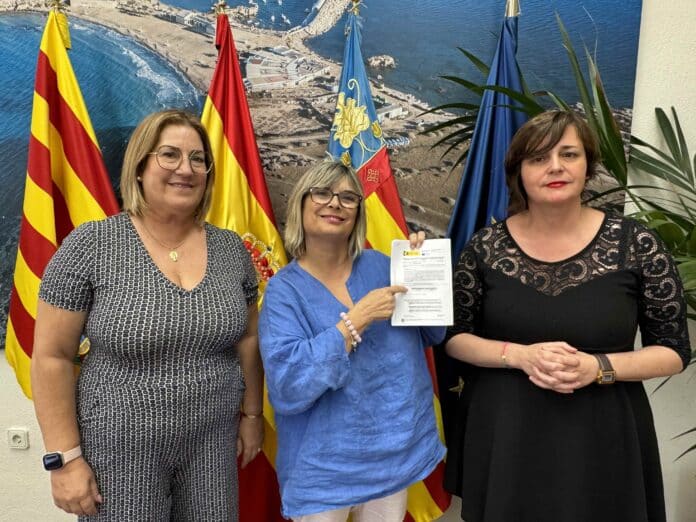The Ministry of Tourism has awarded the EUYALP project of the Santa Pola City Council 2,707,959 euro through the European Next Generation Funds, a Program for Improving Competitiveness and Boosting Historical Heritage for Tourist Use.
Mayor Loreto Serrano has confirmed the good news: “It is a day of joy because all the effort that we are making from the City Council, together with the team from the Museum of the Sea and the Local Development Agency, to design the foundations of the future of Santa Pola and to support large projects financed by European funds, receives a boost today by having been granted a subsidy of 2,707,959 euro, one hundred percent of the amount that we had requested.”
“This is something that will mark a before and after for Santa Pola because we will be able to highlight our great cultural and archaeological wealth in a way that will make us a reference point and will reinforce our already wide range of cultural tourism offerings,” added Serrano.
The archaeological site of La Picola, a Site of Cultural Interest (BIC) located in the urban centre of Santa Pola and will benefit from the creation of a new interpretation centre for the Archaeological Site of La Picola that is accessible, inclusive, beautiful, sustainable and digitalised, which, as an element of reception and access to the environment, allows the visitor to fully immerse themselves in its history. It will offer a complete reading of the evolution and memory of the site as an archaeological complex declared a BIC, allowing the differentiation of the different phases that span from the Iberian period to the late Roman period.
The project is designed to add value through a subtle but highly experiential approach, in order to define a global project that involves the creation of a new tourist centre in the area that complements the existing offer.
Archaeological work will be carried out to complete the existing information on the structures of the site, ensure the conservation and restoration of the most representative elements, and eliminate any information that does not provide a coherent historical interpretation.





